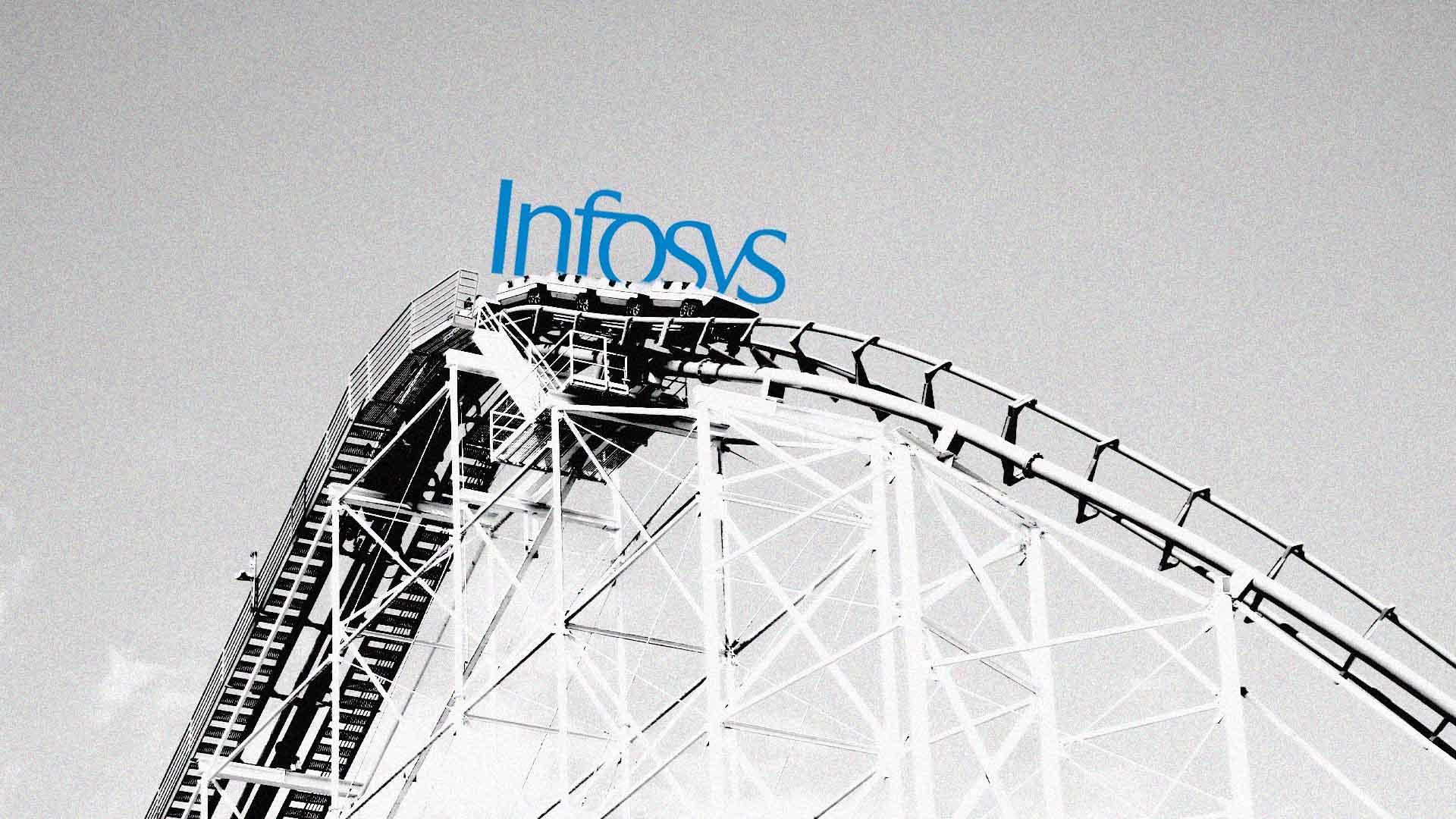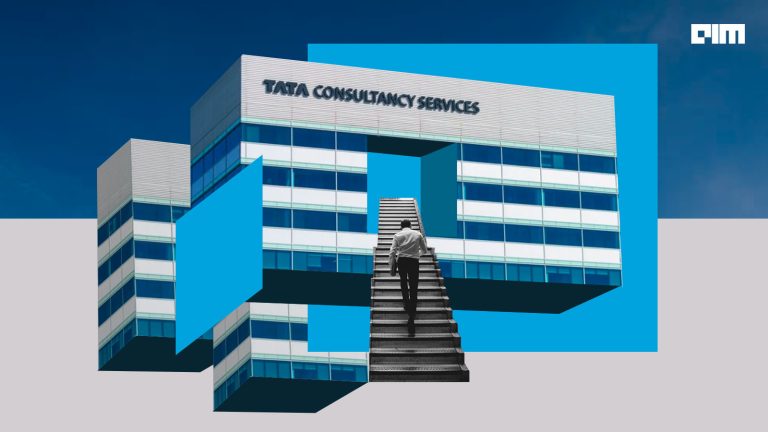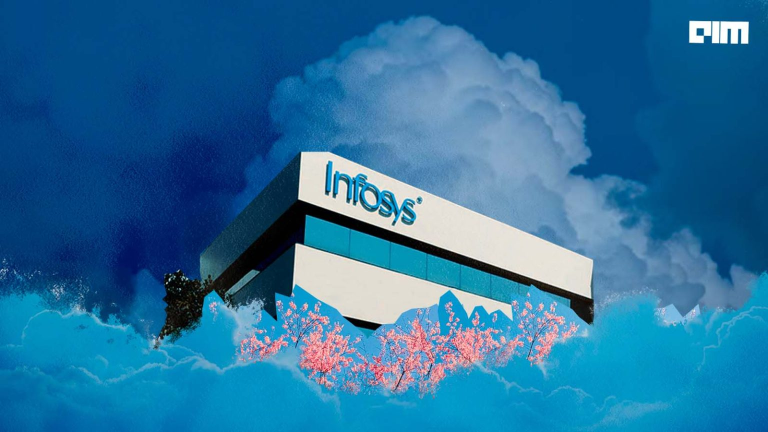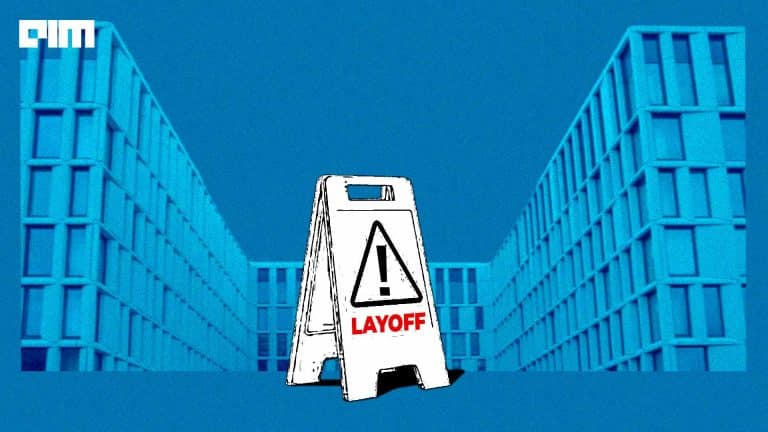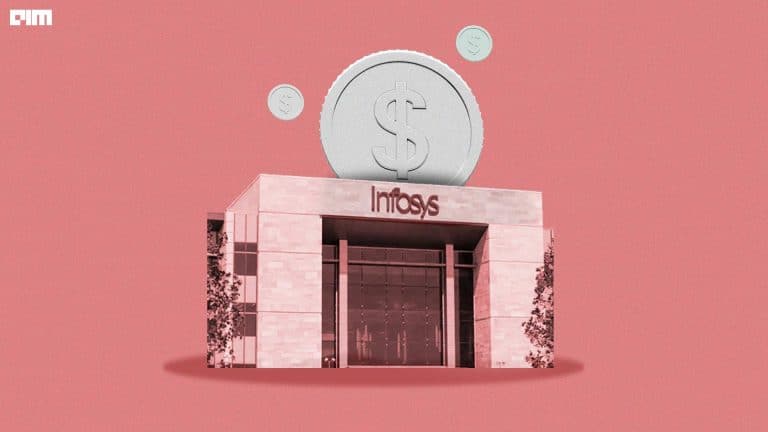|
Listen to this story
|
From US recessions to visa issues and executive controversies, Infosys has had a roller coaster ride of challenges over the years. Join us as we take a retrospective look at the Indian IT giant’s journey and how various chiefs, Naryan Murthy or Vishal Sikka, for instance, have navigated through the ups and downs to keep it afloat.
Early 2000s
In the 1990s, Infosys experienced a growth spurt to become one of the few Indian companies listed on NASDAQ in 1999, and was part of the BCG 100 New Global Challengers in 2009. However, leading up to the 2000s, the company faced several mega challenges, including the impact of the US recession on its profits. The recession affected Infosys’s customers, reducing demand for its services, forcing the company to lower prices and margins to remain competitive. This directly impacted its profits, and while other industries recovered quickly, the IT outsourcing sector faced a more difficult recovery.
While releasing Q2 2002 results, then director, Phaneesh Murthy, had said that most of the Infosys’ customers were doing pretty badly because of the economic conditions and consequently they wanted to reduce their cost structure. Additionally, the second price pressure that Murthy had mentioned was that because of the surplus capacity in the market and the shortage of business, competitors were quoting fairly low rates.
Shortly after Narayan Murthy retired from the post of CEO, Phaneesh Murthy got fired over sexual harassment charges in 2002. Nandan Nilekani, the next CEO of Infosys, took charge in the same year and stayed with the company till 2007 making way for the next CEO Kris Gopalkrishnan while the world was about to witness the big economic recession of 2008.
2008 recession and Infosys
Infosys was fortunate enough to avoid the worst of the 2008 economic recession. The company had a strong balance sheet and was well-positioned to weather a downturn. Infosys was also able to benefit from its well-diversified client base and the fact that its services were still sought-after in a recessionary environment. In 2008, Infosys was able to grow its topline by 19% in US dollars and its profits after tax had grown by 18.3%.
At the same time, the company was able to increase its focus on cost-optimization and efficiency. It introduced a number of cost-cutting measures and it was during this time that then CEO Kris Gopalkrishnan faced heat for firing over 2000 employees citing ‘poor performance’ as the reason. Infosys also increased its focus on research and development and launched a number of innovative products, such as Finacle, a banking solution.
Post 2008, when the world was facing a slowdown, Infosys decided to focus at home turf. In order to meet customer needs in the Indian market, Infosys used transaction-based pricing, which bases contract prices on a set of parameters (such as, for banking clients, the number of transactions during the contract period) rather than charging a set price for building a system.
Infosys planned to set up partnerships with providers of business process outsourcing (BPO) services that had operations in India’s rural areas and small towns. Its strategy then was to cater primarily to the domestic market, meeting local demand for native language skills at low cost. Infosys expected this domestic business to generate significant gross margins, amid the global slowdown.
Post-2008 leadership issue
Following a period of sluggish growth, Infosys was faced with a series of challenges that prompted the return of founder Narayan Murthy as the executive chairman. As the global IT services market slowed and competition from low-cost providers intensified, the company encountered a number of difficulties, including visa issues in the US that impeded its ability to serve clients.
During the time, Infosys faced stiff competition from TCS, leading to a decline in its market position. Between 2011 and 2013, TCS’ share of India’s IT sector revenues increased from 9.3% to 10.7%, while Infosys’ share remained unchanged at 6.9%, as reported by Reuters.
Infosys was also hit with a lawsuit over its use of H-1B visas, which led to increased scrutiny and a damaged public image. To add to these troubles, the company was grappling with high levels of employee attrition.
In 2013, Murthy decided to come back and join the board as executive chairman. This move created an atmosphere of uncertainty among employees due to the power dynamics at play in the company’s leadership. Despite this, many industry experts felt that the root issue afflicting Infosys was an entrenched sense of superiority within the organization. As Peter Bendor-Samuel, CEO of the Everest Group, had stated at the time, “Infosys has got a reputation for internal arrogance and you see that in the customer base, you see that in the industry.”
Subsequently, another former CEO and founder of Infosys, Nandan Nilekani, assumed the mantle of chairman, a position he continues to hold to this day.
Murthy vs Sikka
The tenure of former Infosys CEO Vishal Sikka remains one of the most talked-about events in the company’s history. Sikka, who is credited with investments in companies like OpenAI during his time as CEO, found himself in the eye of a storm over the acquisition of Panaya. Rumors circulated that Sikka and other top executives benefitted from the deal, leading to a feud with Infosys co-founder Narayan Murthy.
(Narayan Murthy with Vishal Sikka)
Reports suggested that relatives of high-ranking Infosys officials had invested in a fund that further invested in Panaya, leading to questions about conflicts of interest. The acquisition of Panaya, valued at $316 million, was criticized by Murthy and others as overvalued.
In a letter to the company, Murthy had called for the public release of the Gibson, Dunn & Crutcher report on the acquisition of Panaya. He also raised questions about the resignations of several executives involved in the acquisition of the Israeli firm.
Additionally, Murthy raised concerns about Sikka’s compensation, which included a fixed annual salary of $5.08 million, variable pay of $4.18 million, and stock options worth $2 million. He argued that executive compensation should be moderate, not excessive. When Sikka had resigned, the then Infosys board had to issue a statement saying “Mr Murthy’s continuous assault, including this latest letter, is the primary reason that the CEO, Dr. Vishal Sikka, has resigned.”
And now, the company is bracing for another recession, this time however with Salil Parekh and co behind the wheel. Parekh too has had to face a whistleblower fiasco in 2019, something similar to what resulted in Sikka’s resignation. But his story has just about begun.


